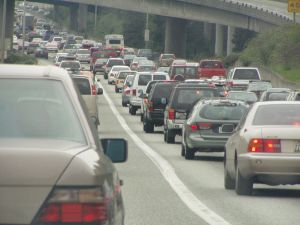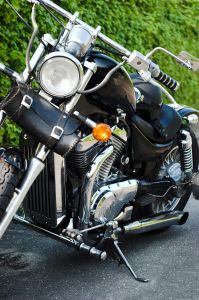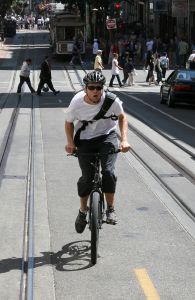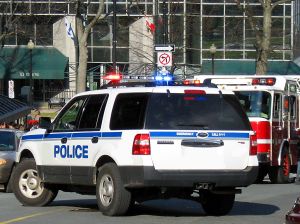According to recent press release from the Insurance Institute for Highway Safety, nearly 200 lives were saved in 2004 to 2008 because of red light cameras that were installed in 14 of the biggest cities in the United States. The Institute believes that if these cameras would have been in all large cities, car accidents in Boston and elsewhere would have been avoided and another 815 lives could have been saved.

“The cities that have the courage to use red light cameras despite the political backlash are saving lives,” says Institute president Adrian Lund.
Our Boston car accident attorneys realize that motorists may need some extra enforcement to help them to abide by traffic laws, because apparently the risk of a car accident isn’t enough. Researchers discovered that these cameras do just that. In the areas in which cameras were placed, red light running crashes fell nearly 40 percent.
The most surprising fact that was concluded from this study was that these red light cameras not only reduced the number of fatal red light running accidents at these intersections in which they were installed, but all types of fatal accidents in these areas were decreased. One reason this may have occurred, researchers believe, is because motorists feel that the eye in the sky subconsciously makes them be more cautious and follow road laws.
According to the study, if these cameras were kept in place for 5 years in all 99 U.S. cities with populations over 200,000, then more than 800 deaths could have been avoided.
Since the 90’s, red light cameras have served as a low-cost way to police intersections. Roughly 500 U.S. cities currently use the intersection technology.
Some people are opposed to the eye in the sky though, claiming it’s just another revenue-generating scheme that violates drivers’ privacy.
“Somehow, the people who get tickets because they have broken the law have been cast as the victims,” Lund says. “We rarely hear about the real victims — the people who are killed or injured by these lawbreakers.”
In 2009, red light running took the lives of nearly 700 people. Running red lights also injured roughly 113,000 people on our roadways. About two-thirds of the people who were killed in these accidents we people other than the red light runners. Those killed were either occupants of other vehicles, passengers in the red light runners’ vehicles, bicyclists, or pedestrians.
“Examining a large group of cities over several years allowed us to take a close look at the most serious crashes, the ones that claim people’s lives,” says Anne McCartt, Institute senior vice president for research and a co-author of the study. “Our analysis shows that red light cameras are making intersections safer.”
A recent letter to the Taunton Daily Gazette stated that the use of these cameras was clear and concise — to effectively save lives. The writer of the letter believed that drivers should be held accountable for their actions even when there are no police around. It went on to say that the community welcomes technology designed to keep people safe and prevent more tragic losses. This letter was written by Paul and Sue Oberhauser, Co-Chairs of the Traffic Safety Coalition, who lost a loved one because of a red light-running motorist.
Continue reading
 Boston Car Accident Lawyer Blog
Boston Car Accident Lawyer Blog









